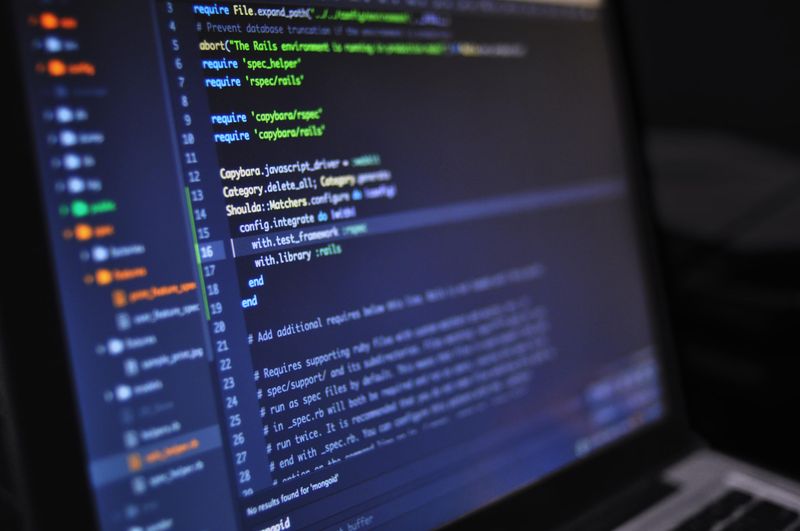ChatGPT: A Warning About Confidentiality and Privacy
ChatGPT is a user-friendly AI large language model that has gained popularity among people for its ability to generate useful text from specific prompts, saving time and effort. However, the risks associated with using ChatGPT at work have been raised by Rob Nicholls, a professor at the University of New South Wales.
Risks Involved
The use of ChatGPT can lead to the exposure of proprietary details, as users might unintentionally divulge company information that could be used by competitors. For instance, the job advertisement generated by human resources can be a perfect cover for a competitor to identify the business. One such example of this oversight is the case of Samsung, wherein developers’ use of ChatGPT led to the exposure of sensitive material that could have been damaging for the company.
Since the development of AI tools like ChatGPT relies on user input, materials that are regarded as confidential by a business should not be used as prompts for the generative AI.
Code Development
ChatGPT can also be used to reduce coding time in software development projects for programmers, making the automation process more efficient. However, the practice of using ChatGPT in this manner can be risky as the generative AI can include material used as prompts to improve its algorithms. Therefore, if material is not supposed to be shared outside the business, it should not be used as prompts on ChatGPT.
GPT4 and Privacy Concerns
The latest upgrade to the ChatGPT series, GPT4, has an accurate voice-to-text feature, but it risks the text becoming part of the generative AI’s training set. Therefore, transcription of work meetings using GPT4 is not a good idea if the material is confidential.
Italy’s decision to “ban” ChatGPT over privacy concerns can create repercussions worldwide. The European General Data Protection Regulation (GDPR) can consider the data collected by ChatGPT as in violation of privacy if proper age verification is not carried out.
Recommendations
The best way to protect confidentiality and privacy is by avoiding the use of prompts containing proprietary details, business strategies, or confidential information. While using generative AI such as ChatGPT and Bing, it is essential to keep these points in mind. If the output of the ChatGPT session is confidential, it should not be shared on ChatGPT.
In conclusion, while AI tools such as ChatGPT can increase productivity and efficiency, it’s always better to be mindful of the risks involved in using them at work – especially the dangers of confidential information becoming public. By encouraging employees to be careful with their use of ChatGPT and other AI tools, businesses can ensure they don’t fall victim to costly and avoidable mistakes.

<< photo by Pixabay >>
You might want to read !
- “Lack of Understanding: Mobile Phone Users Unaware of Shared Data Risks”
- “Unveiling the Decade-Long Data Breach of Toyota: Records of 2 Million Cars at Stake”
- The Power of Location Intelligence in the Fight Against Disinformation
- “Spanish Police Rattles Cybercrime World With the Arrest of 40 Members of a Massive Cybercrime Ring”
- Get ready for AI-Generated Spam personalized to your interests
- How China’s Satellite-Attacking Technology is Advancing Rapidly: An Insight into the Pentagon Leaks
- Spain’s Police Cracks Down Major Criminal Organization, Arrests Hackers.
- “Modular Maritime Security Lab: The Innovative Solution to Shield Ships from Cyberthreats”
- “Honeytokens: The Ultimate Solution for Improved Intrusion Detection”




